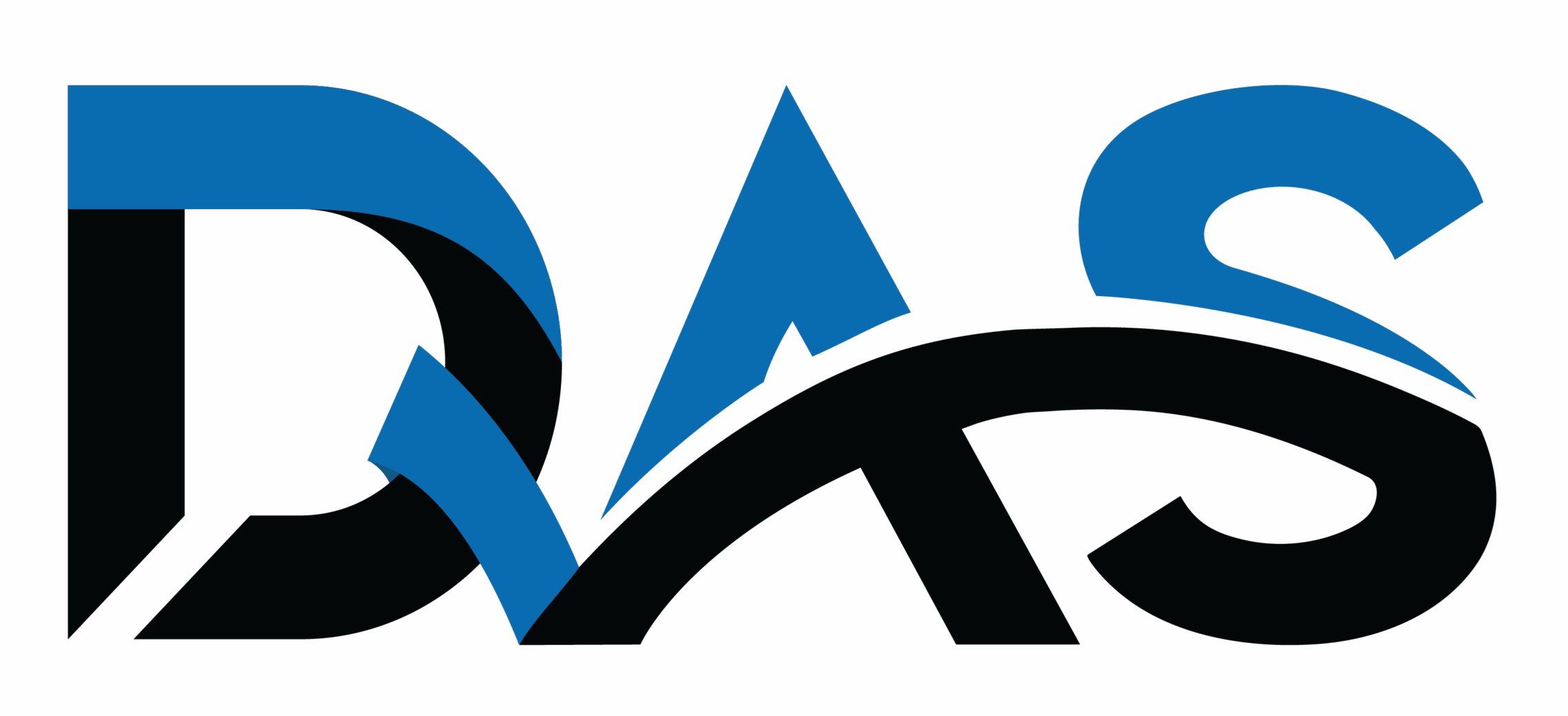ISO 28000 Supply Chain Security Management
🚚 ISO 28001:2007 – Supply Chain Security Management Systems (SCSMS)
📌 What is ISO 28001?
ISO 28001:2007 is an international standard developed by the International Organization for Standardization (ISO) that provides a framework for establishing, implementing, maintaining, and improving security management systems specifically for the supply chain.
It helps organisations identify and manage risks such as terrorism, smuggling, piracy, theft, and tampering that can occur at any stage of the supply chain. By integrating security risk management into everyday business processes, ISO 28001 supports safe, resilient, and efficient supply chain operations.
🔍 Purpose of ISO 28001
✔️ Secure international supply chains
✔️ Improve resilience to disruptions or attacks
✔️ Align with global customs and trade security practices (e.g., WCO SAFE Framework)
✔️ Facilitate trade and ensure uninterrupted flow of goods
✔️ Strengthen stakeholder confidence (customers, regulators, partners)
🛠️ Key Elements of ISO 28001
ISO 28001 works alongside ISO 28000 (Supply Chain Security Management System – Requirements) and provides additional guidance on best practices. Key areas include:
1️⃣ Security Risk Assessment
Identify threats and vulnerabilities across the supply chain
Assess impact and likelihood
Prioritise and implement mitigation strategies
2️⃣ Policy and Objectives
Define a supply chain security policy
Set measurable objectives
Align with organisational strategy and legal requirements
3️⃣ Security Management System Planning
Develop security plans and policies
Assign roles and responsibilities
Ensure contingency and emergency preparedness
4️⃣ Operational Controls
Screening of personnel, containers, cargo, and vehicles
Secure logistics practices (e.g., seals, tracking, access control)
Facility security management
5️⃣ Monitoring and Review
Evaluate supply chain security performance
Monitor against KPIs and objectives
Identify nonconformities and apply corrective measures
6️⃣ Training and Competence
Provide staff with training on security awareness
Develop capabilities for emergency response
7️⃣ Stakeholder Engagement
Collaborate with customs, logistics partners, and authorities
Share intelligence and encourage partners to adopt security practices
🌟 Benefits of Implementing ISO 28001
✅ Reduces risks of disruption, theft, and loss
✅ Improves compliance with customs and trade regulations
✅ Enhances stakeholder and customer confidence
✅ Facilitates faster and more secure cross-border trade
✅ Strengthens reputation and credibility in logistics and manufacturing sectors
✅ Increases resilience and preparedness against global supply chain threats
🛠️ How DAS Can Support
DAS helps organisations adopt ISO 28001 through:
🔹 Gap Analysis – Identify current strengths and areas for improvement
🔹 Implementation Guidance – Develop security policies, risk assessments, and operational controls
🔹 Workshops & Training – Build staff awareness on supply chain risks and emergency preparedness
🔹 Integration Support – Align ISO 28001 with other management systems such as ISO 9001 and ISO 14001
📌 Conclusion
ISO 28001:2007 provides a structured and reliable framework to manage supply chain security risks effectively. By implementing this standard, organisations can protect assets, strengthen resilience, and maintain trust with global partners while ensuring smooth and secure trade operations.
